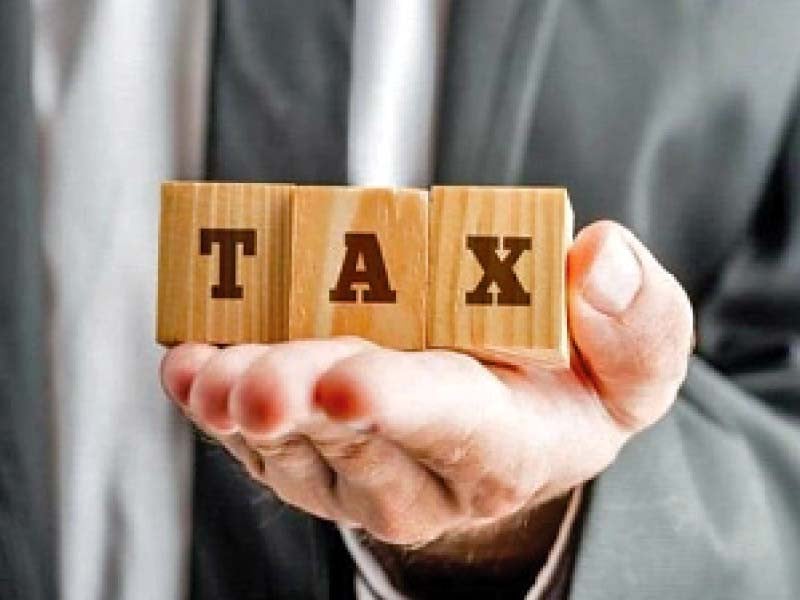ISLAMABAD – Pakistan stands at a critical juncture, facing the pressing need to address both fiscal challenges and the escalating public health crisis associated with tobacco consumption.
The WHO identified that 80% of the world’s 1.3 billion tobacco users live in low- and middle-income countries, bearing the heaviest burden of tobacco-related illnesses.
Pakistan is grappling with one of the worst economic challenges in the country’s history due to the balance of payments crisis, fiscal deficits, and external debt pressures.
This scenario not only places a strain on the country’s financial resources but also makes it challenging for the government to provide adequate health facilities to the people. The pervasive use of tobacco, around 20 percent population, is among one of the factors responsible for the surging cost of health bills.
Similarly, the economic implications of the use of tobacco are staggering. A study by the Pakistan Institute of Development Economics (PIDE) underscores the gravity of the situation, revealing that the total costs attributable to smoking-related diseases and deaths in 2019 amounted to Rs 615.07 billion ($3.85 billion) or 1.6 percent of the GDP.
The economic ramifications extend beyond the immediate health sector, affecting households by diverting spending from essential needs to tobacco. To address this dual challenge of economic strain and public health crisis, Pakistan has a strategic opportunity to increase revenue by imposing higher taxes on tobacco which is the lowest in the region.
The imposition of such taxes aligns with the World Health Organization’s (WHO) recommendations and can serve as a potent measure to curtail tobacco consumption, thus reducing the health bill over time. According to WHO FCTC “tobacco taxes are the most cost-effective means to reduce consumption, especially among youth and low-income groups”.
This approach not only generates additional revenue but also contributes to a healthier population, fostering a more robust and economically sustainable future for Pakistan.
The World Bank’s latest report ‘Pakistan Development Update’ said that Pakistan collected 0.5 percent of GDP in federal excise duty revenue in FY21.
“A substantial revenue gain of 0.4 percent of GDP could be achieved if the current rate on premium cigarettes (PKR 16.50 per cigarette) was also applied to standard cigarettes,” the report said. According to the report, the true potential of revenue collection is yet to be tapped from the tobacco sector.










